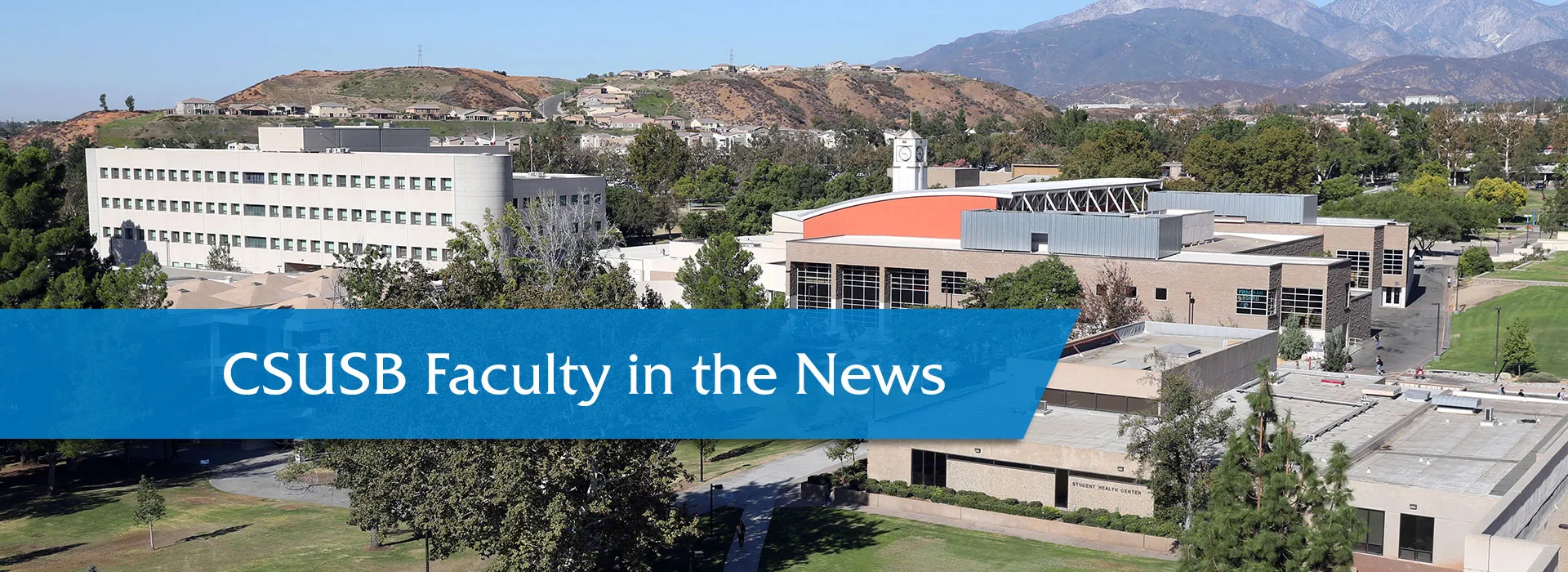
The Christian Science Monitor and TalkingPointsMemo.com sought out Brian Levin, CSUSB criminal justice professor and director of the Center for the Study of Hate and Extremism, after New York City police said a reported hate crime involving a Muslim student turned out to be a hoax.
The New York Police Department on Wednesday charged the student, whose story about being harassed on the subway by a group of Donald Trump supporters had gone viral, with filing a false report. While the backlash against the student was swift, Levin put perspective on the incident.
“People will ... falsify all kinds of events – from hate crimes to resumes,” he told The Christian Science Monitor. “This is nothing indigenous to hate crimes.”
He added, “Among the thousands of hate crimes every year, we have some hoaxes sprinkled in there. We’ve had an increase in hate crimes in the United States, and hoaxes have routinely come up, but not in a way that impacts the overall trend and overwhelming majority of cases. Hate crime hoaxes are an extremely small, but nevertheless relevant category.”
That article, published Dec. 15, 2016, may be read at “Why do people report fake hate crimes?”
When Levin was interviewed by TalkingPointsMemo.com, he said: “I’m a criminologist and people have accused my reports of being biased when I’m using official law enforcement criteria or actual law enforcement data. There’s something politically going on now that is different. These hoaxes have become symbols for some who want to promote the idea that most hate crimes are hoaxes. That’s important to rectify.'
Levin told the news website that hoaxes do crop up in hate crime reporting, as they do across the spectrum of criminal offenses. But he said they are a “tiny fraction” of the hundreds of hate crimes reported annually.
“As criminologists we see hoax fires, hoax domestic violence accusations, hoax car thefts, and the overwhelming majority of those offenses really are being committed, too,' he said. 'Those of us who are in the information analysis business want to make sure we root out those false positives, but the bottom line is that our research in this field shows a significant rise in anti-Muslim hate crimes.'
The article, which incorrectly identified the center, was published Dec. 15, 2016, and may be read at “Not #FakeNews: Experts warn one hoax doesn't discredit wave of hate crimes.”